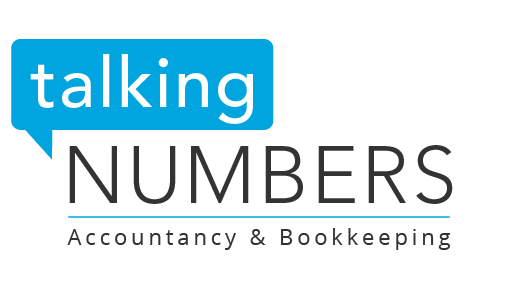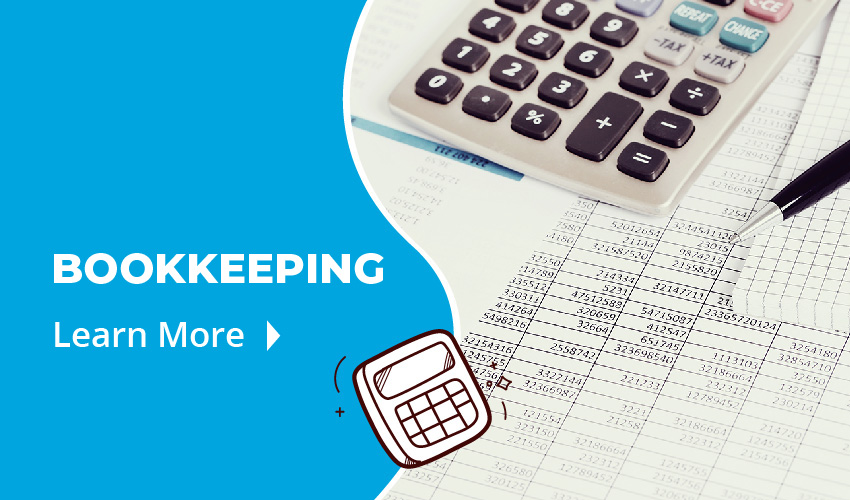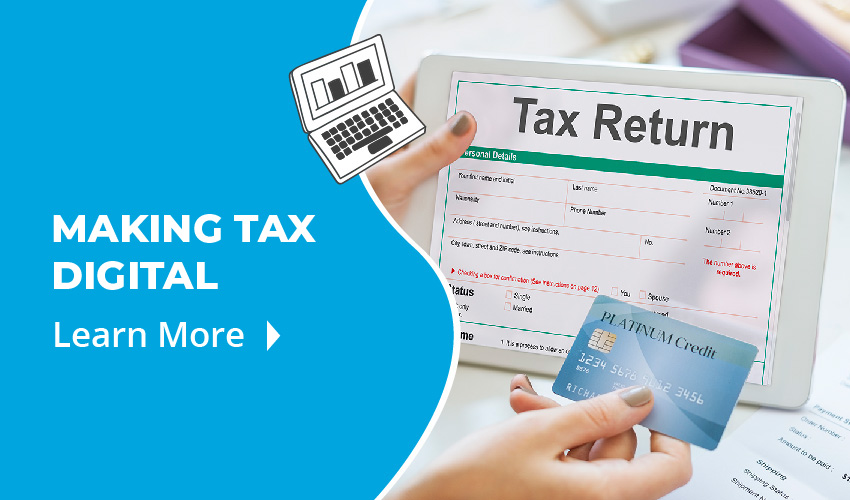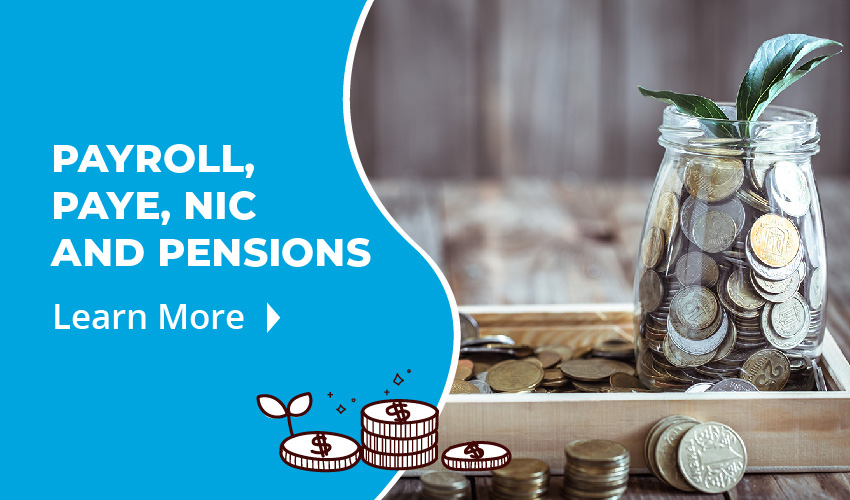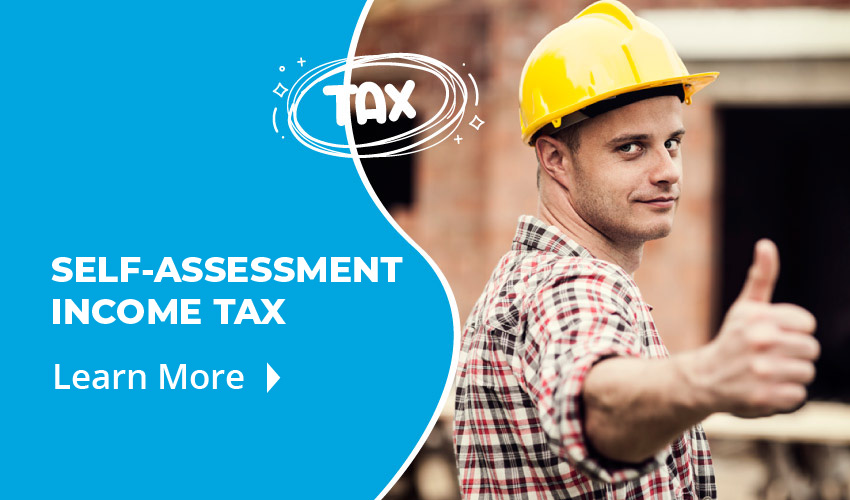Choosing which type of business structure to operate can be confusing and difficult. In this series of articles, we look at the pros and cons of each structure to help you decide which one is best for you.
A limited company is a business which is owned by shareholders and run by directors. For many small businesses, these can be the same people.
The company is a separate legal entity from its directors, meaning that it can enter into contracts, and bring legal action in its own right. The finances of the company are completely separate from the directors’ and shareholders’ finances, meaning that your personal assets cannot be used to cover the company’s debts. Each shareholder only stands to lose the amount that they have invested in the company. This is called “limited liability”.
A trade-off of limited liability is that directors have a number of duties that they must follow, and failure to comply with these duties can have consequences. Companies also need to prepare and file annual accounts with Companies House, which can be viewed online by anyone. A company also needs to keep registers of directors and shareholders, and file annual confirmation statements with Companies House which can be viewed online.
Profits generated by the company are retained in the company, and Corporation Tax is paid on profits. The rate of Corporation Tax is currently 19%, although this is expected to rise to 25% from 1 April 2023. The rates of Corporation Tax are set by the UK Government.
After paying tax, the company can pay out a dividend to its shareholders, on which they will pay income tax – although this is usually at lower rates than normal income tax. Directors can also pay themselves a salary for running the business. This means that it can be more tax-efficient to run your business as a limited company, depending on your circumstances.
Talking Numbers can help you decide whether or not this business structure is right for you, and advise you on what you need to do to get started. Get in touch today for your free, no-obligation consultation.
